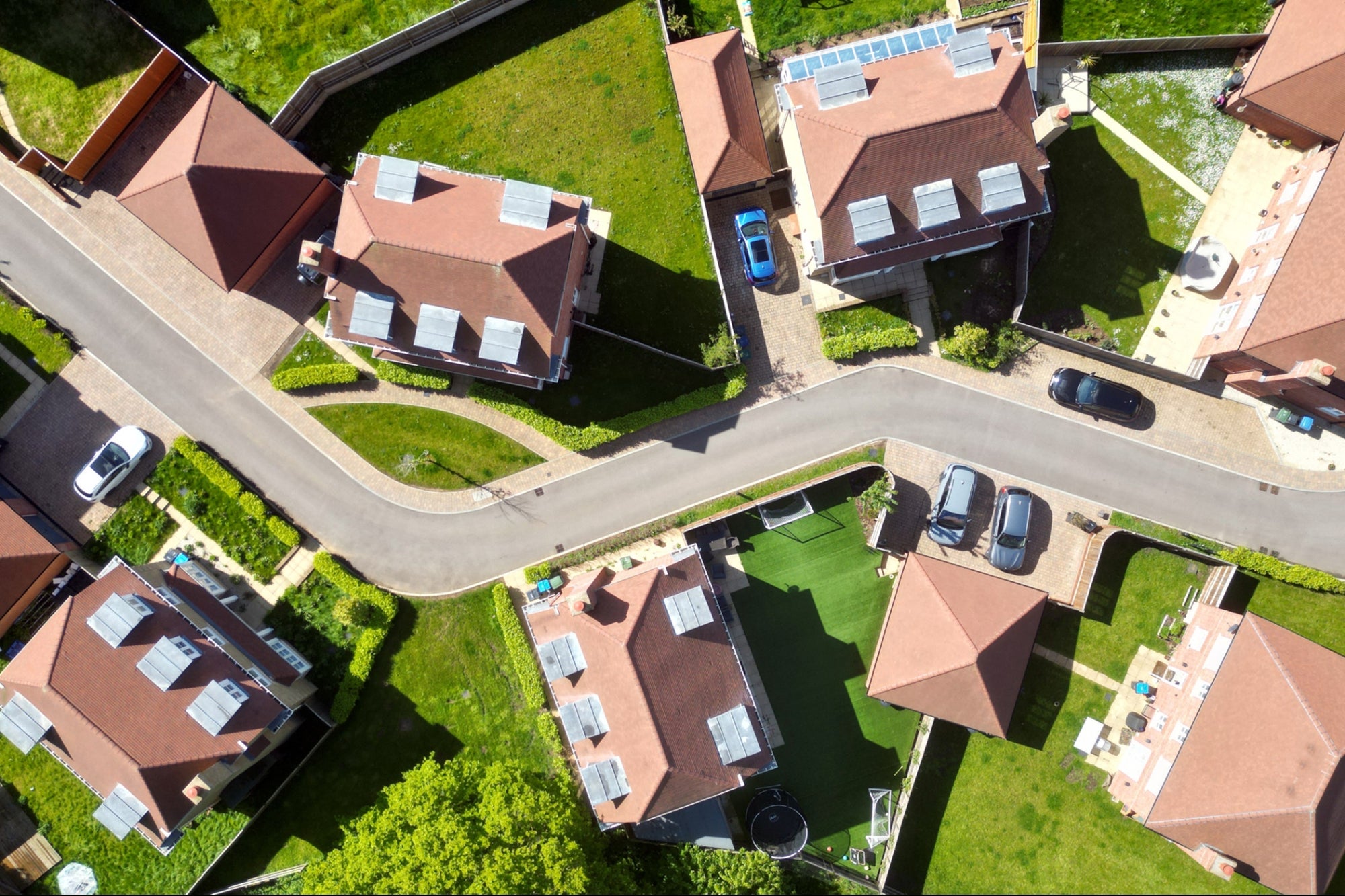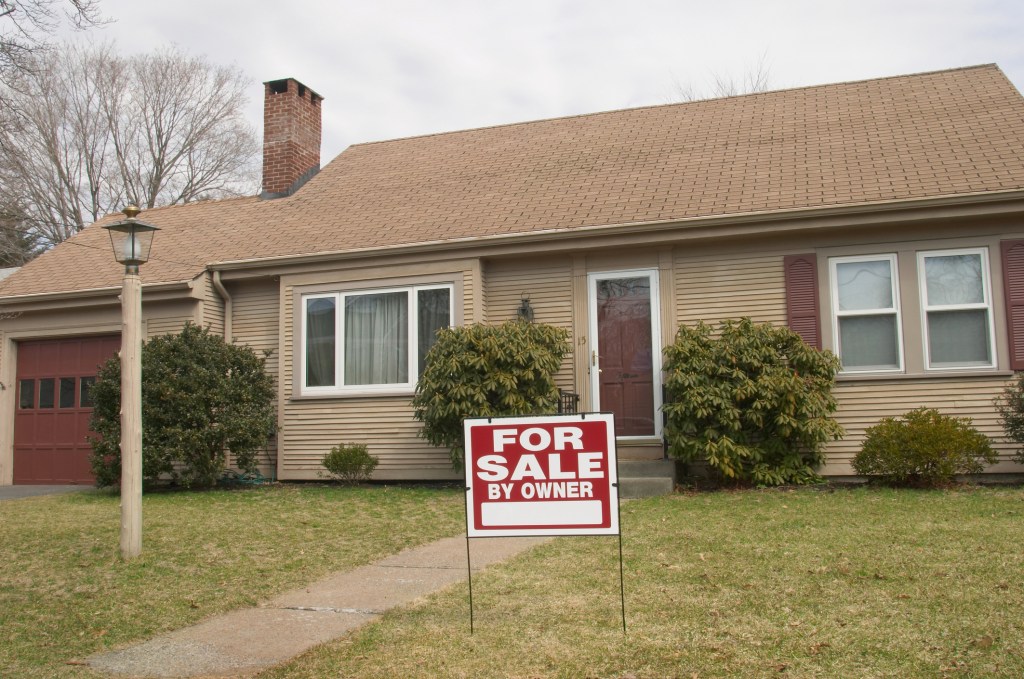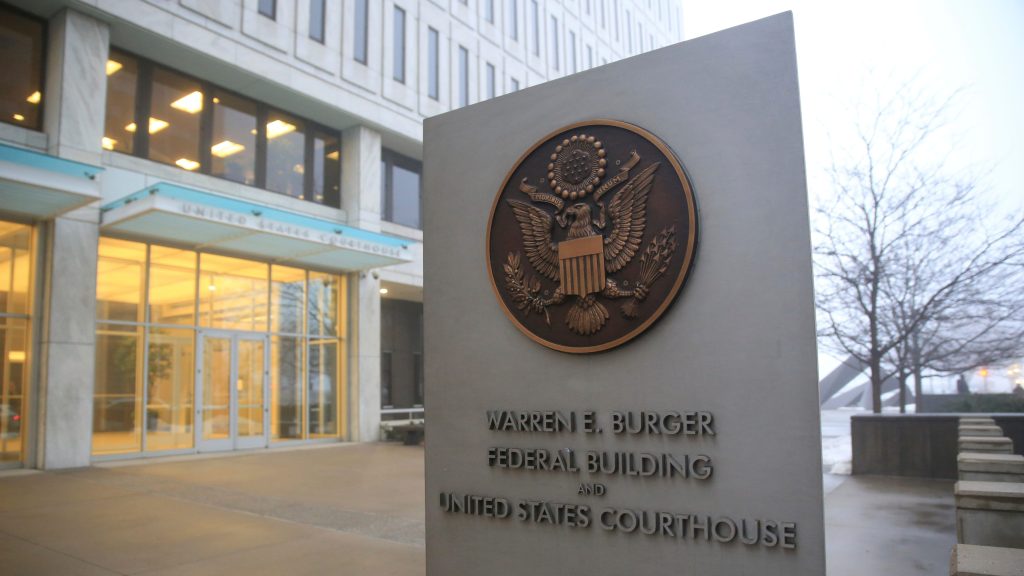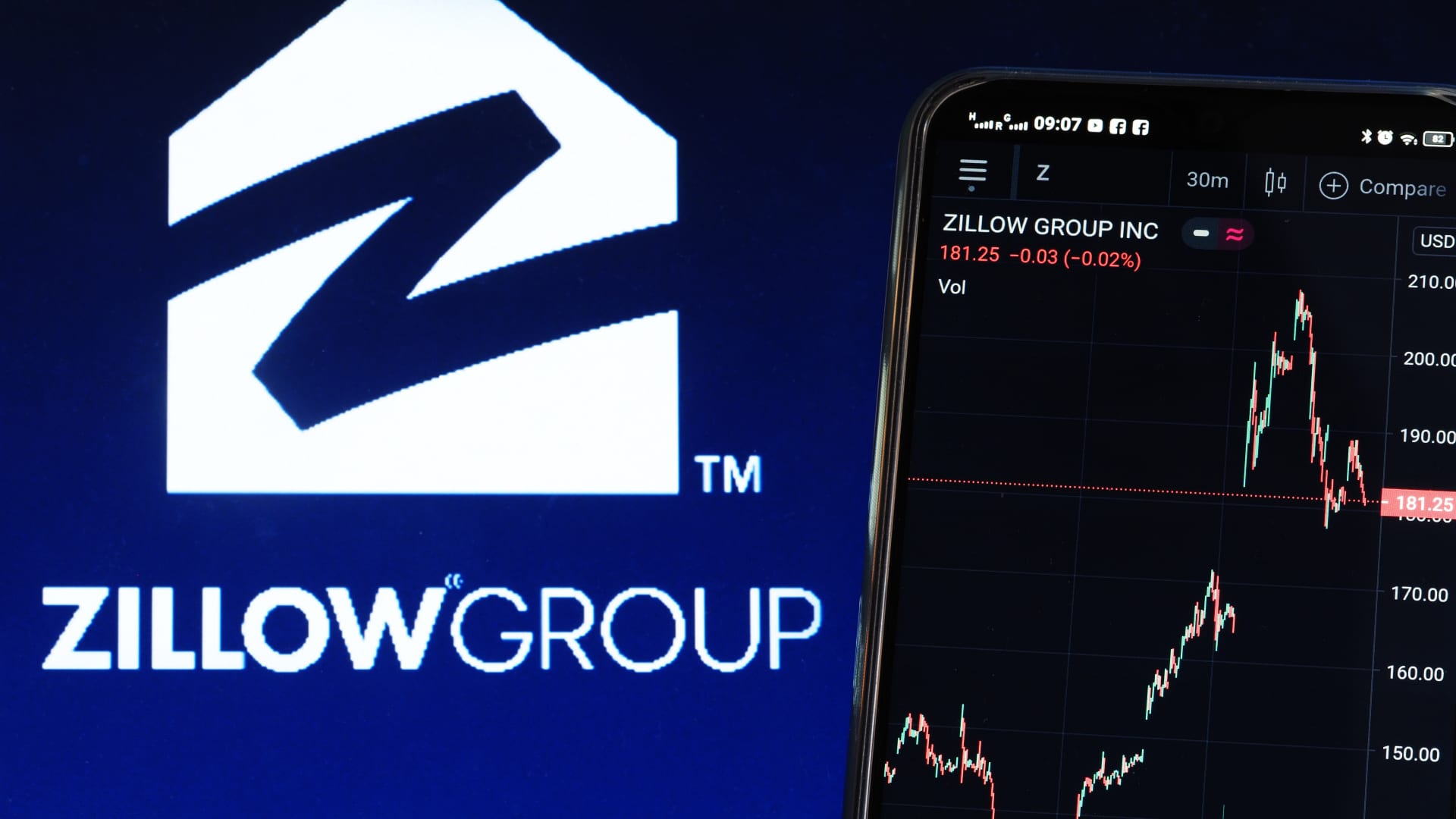O
pinions expressed by Entrepreneur contributors are their own.
The age-old real estate adage "location, location, location" still holds true, but a new trend is changing the game for entrepreneurs in this market. The concept of wellness-oriented properties is driving rapid growth, with buildings featuring amenities like hydroponic gardens, vitamin drips, and yoga classes selling extremely well.
While the idea of wellness in real estate isn't new, it's gained significant traction in recent years. According to the Financial Times, high-end private residences are now being built with hotel-style concierge services and amenities in major cities and countryside spots worldwide. As someone who's been following this trend since its infancy in 2003, I'll share the top five things real estate entrepreneurs need to know about wellness real estate.
1. The growth trajectory is unstoppable. The Global Wellness Institute projects that wellness real estate could be worth $913 billion by 2028, with an 18% annual growth rate since 2019. This trend has seen uninterrupted momentum before, during, and after the pandemic.
2. Wellness real estate parallels the human longevity revolution. As people focus on living longer, healthier lives, wellness becomes a priority in making major life decisions and purchases. This trend is opening up market opportunities valued at roughly $8 trillion by 2030, according to UBS.
3. The US dominates the market, but Asia Pacific and Europe are strong competitors. North America holds 44% of the total market share, with Asia-Pacific and Europe representing 99%. Wellness real estate growth has overtaken construction sector growth in countries like Australia, China, Japan, and India since 2019.
4. Wellness properties command a healthy premium. Developers in the US charge up to 40% more for wellness-focused homes compared to others in the same area. In the middle and upper ends of the market, the premium earned is between 10-25%.
5. AI and tech are key accompaniments. As consumers rely on wearables like Oura Rings and WHOOP health monitors, buildings that accommodate these technologies will be more desirable. This raises questions around trust and security, as property data exchange becomes increasingly common.
As entrepreneurs explore this rapidly emerging market, it's essential to do their due diligence and research before embarking on a wellness-focused venture.















